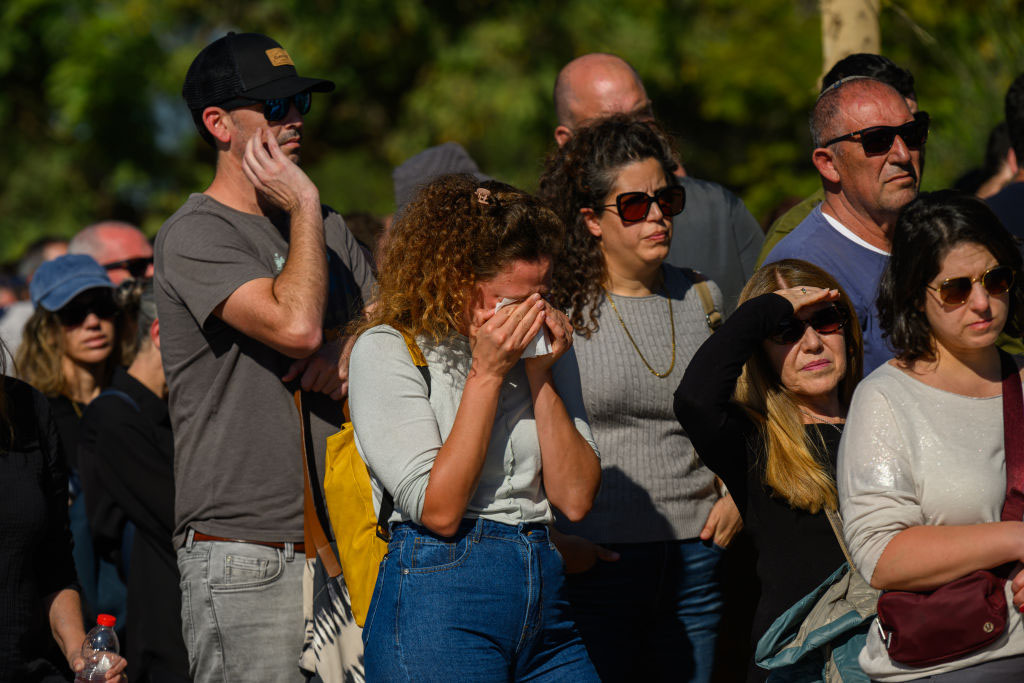
After getting tipped off about an impending pogrom, Tevye, the Jewish dairyman who is the central character of Fiddler on the Roof, turns to God and says:
Dear God. ….I know, I know we are the chosen people. But once in a while, can’t you choose someone else?
Tevye kvetches about the covenant, imagining that a life free of chosenness would give him some peace and quiet.
While this quote is meant as a joke, it still poses a serious question. In times of misery and suffering, why didn’t the Jews turn their backs on Judaism? Why did they remain loyal to the covenant for 2,000 years of exile? During times of persecution, this question was no joke.
One of the most powerful pieces of Holocaust literature is Zvi Kolitz’ short play, Yosl Rakover Talks to God. It centers on the last will and testament of the title character, Yosl Rakover, which is recovered from the ruins of the Warsaw ghetto. Yosl has lost his wife and six children in a series of horrors; and now, as he is about to die, Yosl writes a letter to God. At the end of the letter, Yosl cites an account found in Solomon ibn Verga’s Shevet Yehudah:
My rabbi always told the story of a Jew who fled from the Spanish Inquisition with his wife and child, striking out in a small boat on the stormy sea until he reached a rocky island. A bolt of lightning killed his wife; a storm rose and hurled his son into the sea. Alone, solitary as a stone, naked and barefoot, lashed by the storm and terrified by the thunder and lightning, with disheveled hair and hands outstretched to God, the Jew continued on his way across the desolate, rocky isle, turning to God with the following words:
“God of Israel, I have fled here in order to be able to serve You undisturbed, to follow Your commandments and sanctify Your name. You, however, do everything to make me stop believing in You. Now, lest it occur to You that by imposing these tribulations You will succeed in driving me from the right path, I notify You, my God and the God of my father, that it will not avail you in the least. You may insult me, You may strike me, You may take away all that I cherish and hold dear in the world, You may torture me to death – I will always believe in You, I will always love You! Yea, even in spite of You!”
Rakover continues:
And these are my last words to You, my wrathful God: Nothing will avail You in the least! You have done everything to make me renounce You, to make me lose faith in You, but I die exactly as I have lived, an unshakable believer!
Kolitz’ script is a powerful statement of absolute faith. Although Yosl Rakover is a fictional character, his experience was true to life for many actual Jews. Yes, throughout history some Jews agreed that God should “choose someone else,” and cast their lot elsewhere. But like Yosl, so most remained loyal to the covenant. And that is remarkable.
Megillat Eicha (The Book of Lamentations) marks the first covenantal crisis, the first time the Jewish people had good reason to exclaim “choose someone else.” The Babylonians had conquered Israel and taken its king captive, destroyed the Temple, the center of Jewish worship, and exiled the Jews. It is an absolute catastrophe on every level. Megillat Eicha is written for these exiles.
Megillat Eicha presents itself as a well-ordered book; four of its five chapters are written alphabetically. But the book’s subject matter is very disordered.
There are many different views as to the meaning of the text. Is it an attempt to justify God’s judgment by pointing out the sins of the Jews? Is it a protest against God for punishing the Jews so harshly? Or is it merely an attempt to mourn, for the heartbroken to grieve together? Megillat Eicha is difficult to interpret because all of those sentiments, and more, are present in the text.
But one thing remains constant in Eicha: the covenant between God and the Jews will remain. This was far from obvious. Adele Berlin points out that stylistically Megillat Eicha has a great deal of similarity to Sumerian city laments. However, they are dramatically different theologically. The Sumerians saw the destruction of a city as an end, a time when another city would begin its dominance. Not so Megillat Eicha; even in destruction, the covenant remains. Everything else may disordered in exile; one’s thoughts and emotions may constantly change, in confusion and panic. But the covenant remains, from aleph to tav.
Megillat Eicha tells the story of the first Jews who refused to give up.
Why the Jews stuck with this covenant from catastrophe to catastrophe remains a mystery. Some see the undying faith of the Jewish people as evidence of a divine miracle. Secularists may see it as a response to antisemitism, a defiant stubbornness to give up in the face of hatred. Jewish philosophers might see it as an act of moral heroism; the Jews steadfastly refused to abandon their mission to make the world a better place, despite everything.
Another possibility comes from the very end of Megillat Eicha. After meticulously chronicling the pain and suffering of the destruction, Eicha comes to a close with the words “Bring us back to you, Lord, that we may return: renew our days as of old.” In the midst of destruction, there is a dream of renewal! This can only be seen as Jewish hope, an unwavering willingness to believe in a better future despite the miserable present.
Zechariah (9:12) refers to the Jewish exiles as “assirei tikvah,” a double entendre that means both “those who are bound to hope” and the “prisoners who continued to hope.” Hope defines the Jewish experience, and it has been a consistent source of strength and resilience in difficult times. Hope that we can “renew our days as of old” has kept the covenant alive.
For the last 307 days, we have been a heartbroken people. Like Megillat Eicha, contradictory thoughts and emotions jump out all at once. Yet each day the Jewish people return back to the same covenant again and again. And that is because hope is part of our DNA.
Daniel Gordis recently shared an anecdote that speaks to this powerful hope. He wrote that:
One of the Shavuot traditions on kibbutzim all over Israel is harvest ceremonies…. which includes bringing out all of the new babies born on the kibbutz since the previous Shavuot….
In a video shared on Kibbutz Nir Yitzhak’s Instagram page on Erev Shavuot…. is the dance of the newborn babies of Kibbutz Nir Yitzhak and Kibbutz Eilot (residents of Nir Yitzhak have been relocated to Eilot since October 7…)
In the video, you’ll see a woman wearing a dress and white sneakers. She is Ela Balberman Chaimi, the wife of Tal Chaimi z’’l. Tal, a third- generation member of the kibbutz, was part of Nir Yitzhak’s emergency response team. On October 7, he was taken hostage by Hamas terrorists. It was later confirmed in December that he had been killed on the 7th and that his body is being held by Hamas.
In May, seven months after her husband was killed, Ela gave birth to their fourth child, Lotan. And here she is, with the rest of the kibbutz, dancing with “the first fruits” of the season……
Even after such tragedy, Ela and the women of the Kibbutz dance. You might say that maybe they should give up. Maybe they should choose to live elsewhere, maybe they should choose to be something other than Jews.
But they live by a covenant of hope.
And they won’t quit.
Rabbi Chaim Steinmetz is the Senior Rabbi of Congregation Kehilath Jeshurun in New York.
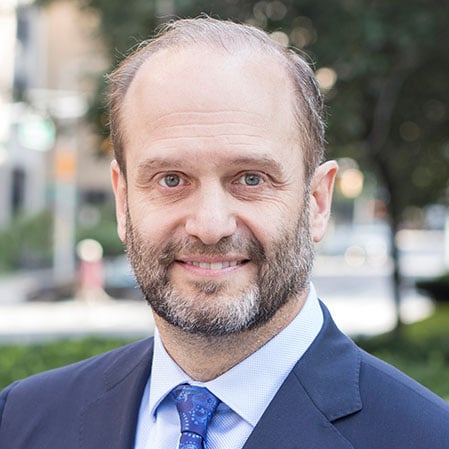







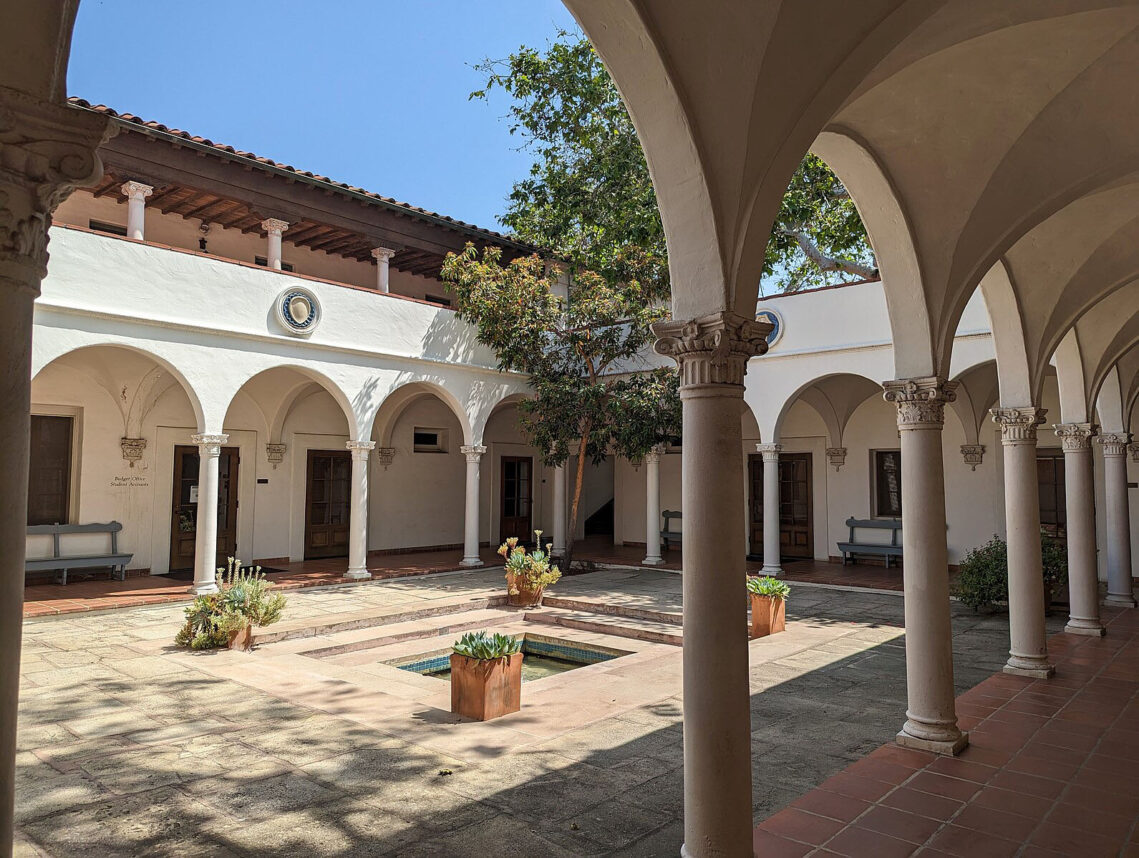

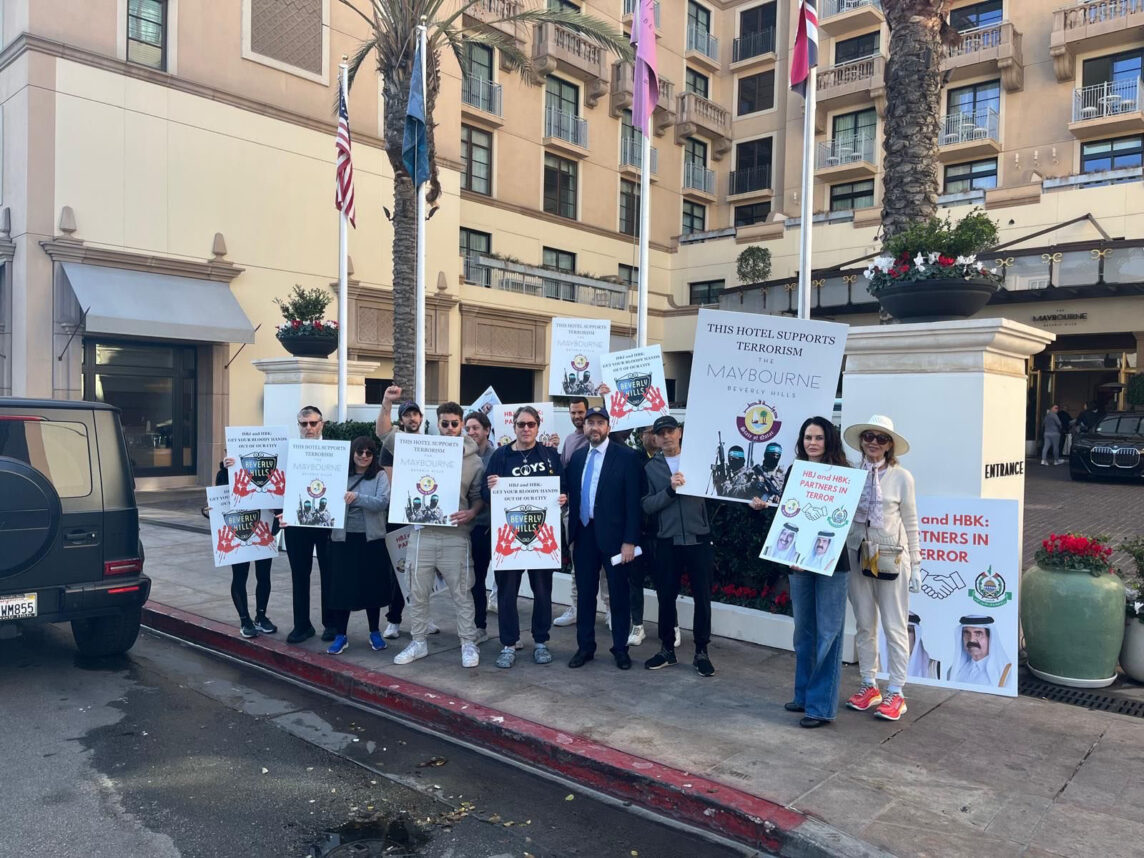
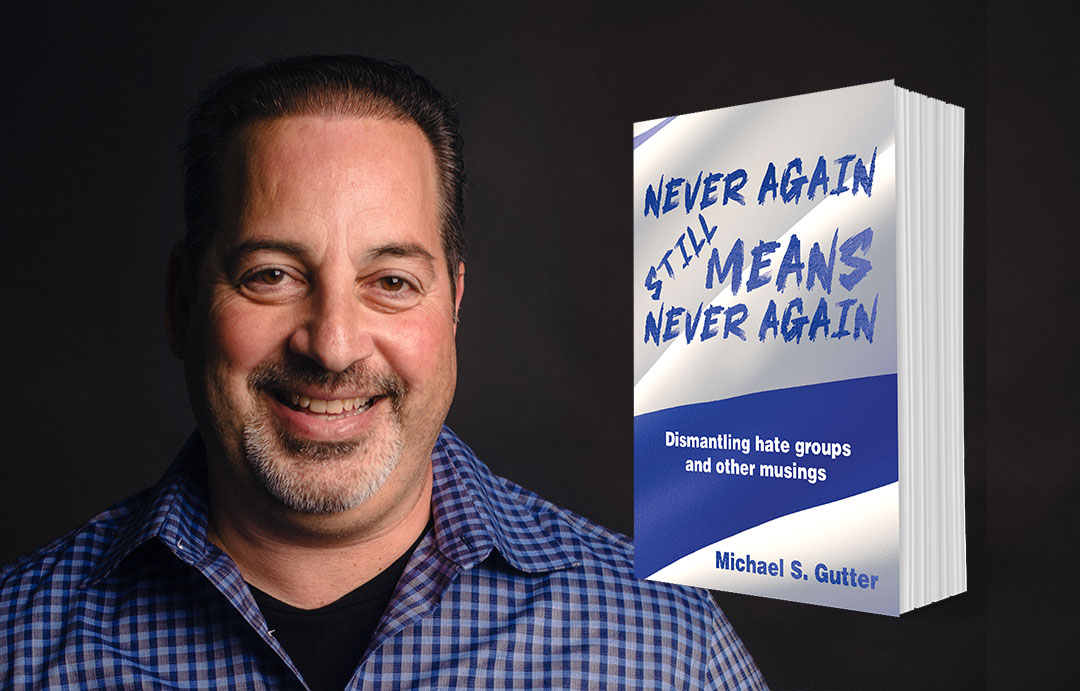
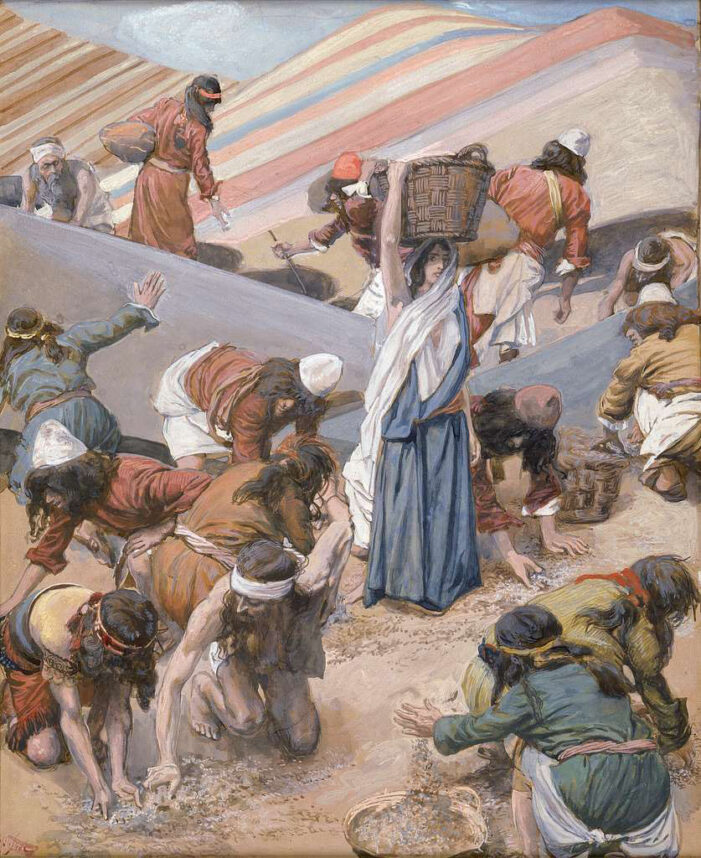
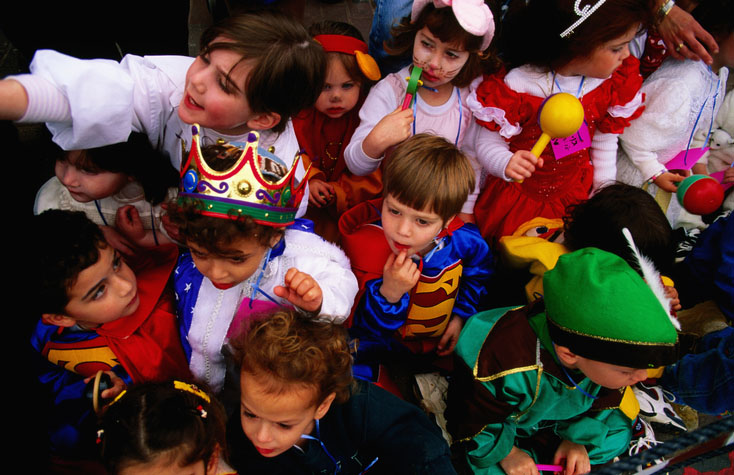
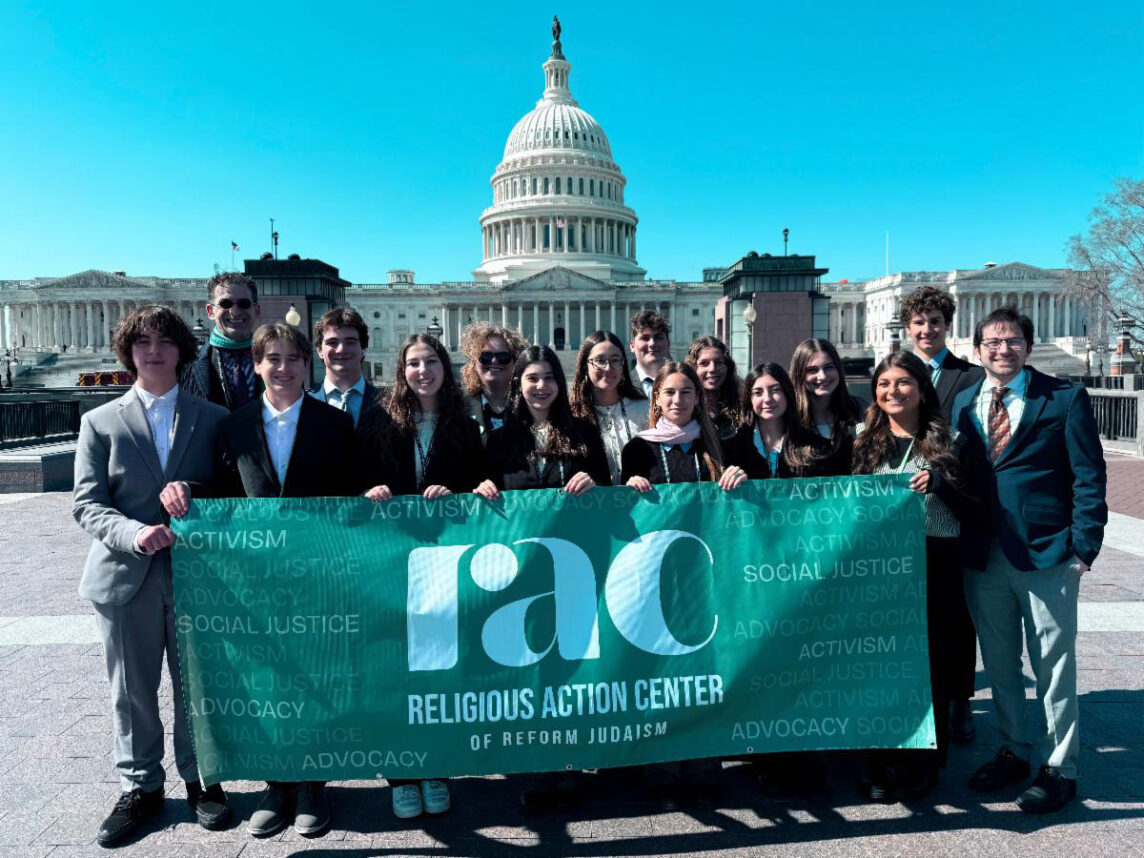

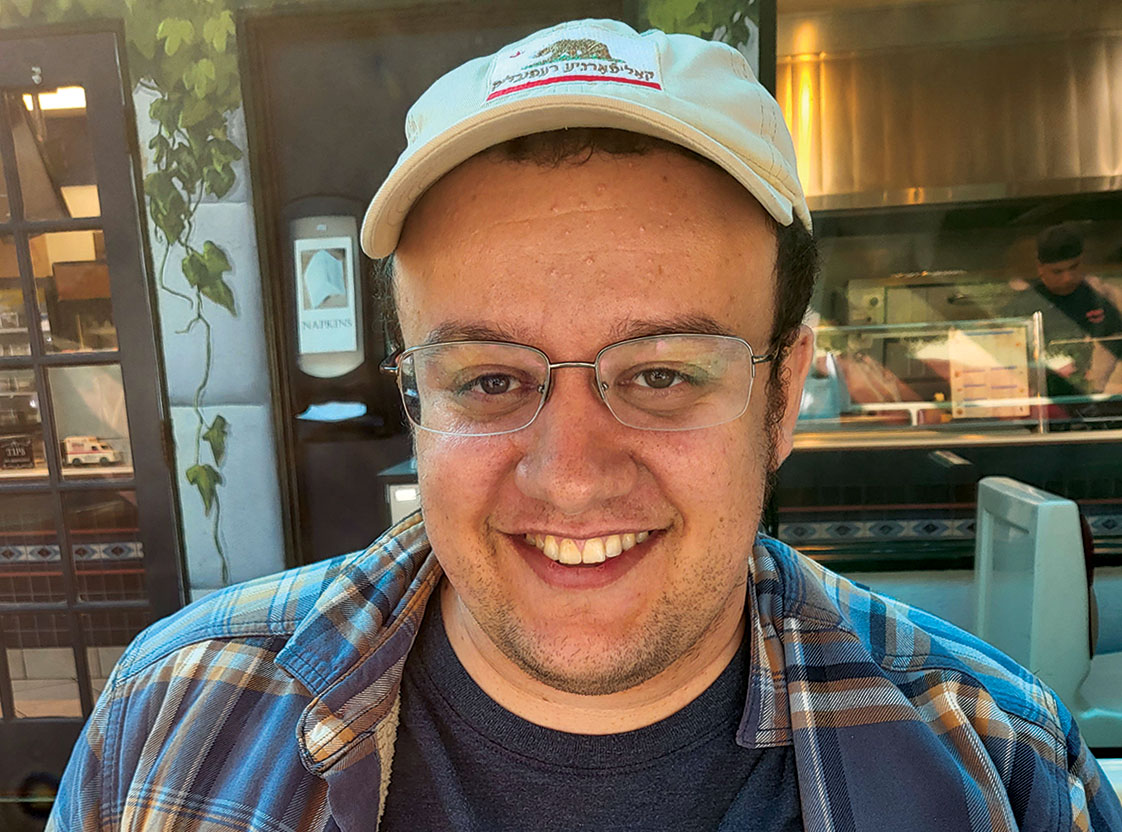




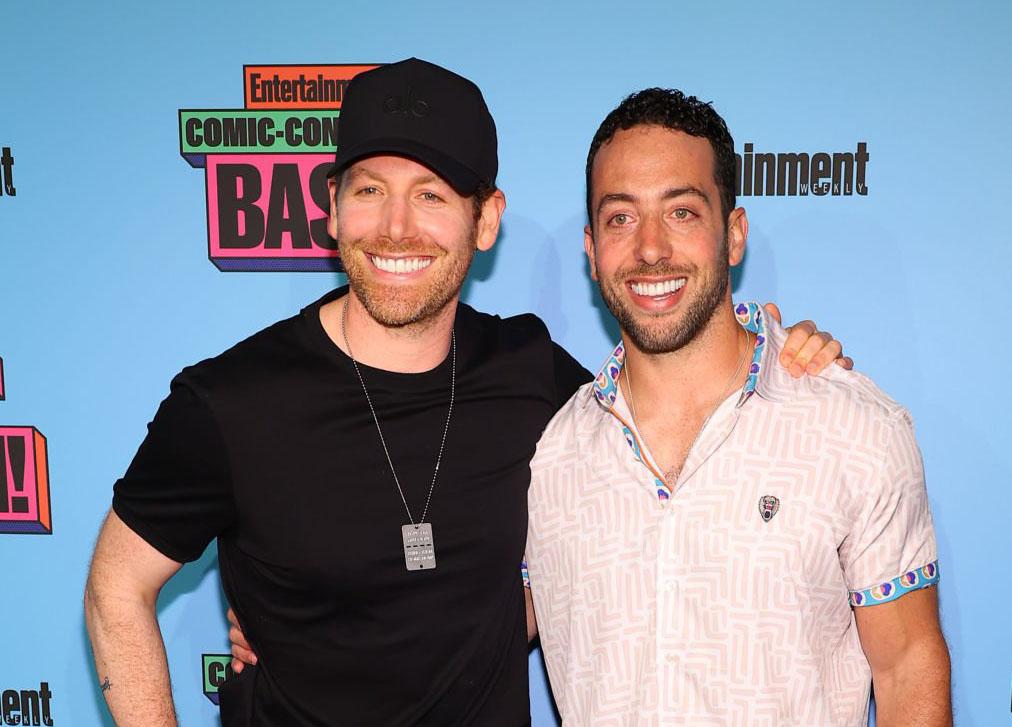


 More news and opinions than at a Shabbat dinner, right in your inbox.
More news and opinions than at a Shabbat dinner, right in your inbox.